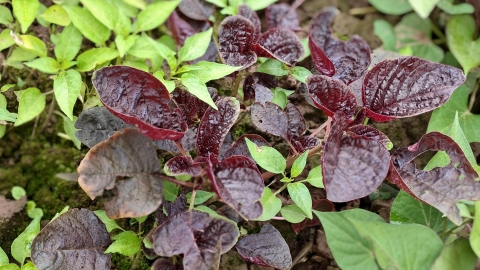Does amaranth reduce milk supply?
In general, amaranth does not cause a reduction in breast milk production. The detailed analysis is as follows:

Amaranth does not contain components that inhibit milk secretion. On the contrary, it is rich in vitamins, minerals, and dietary fiber, which can provide essential nutrients for lactating women and help maintain normal metabolism. Milk production is primarily influenced by hormonal levels, breastfeeding frequency, nutritional intake, and emotional state. As a common vegetable, amaranth neither disrupts hormonal balance nor reduces milk production. Moderate consumption may even indirectly support milk secretion by improving overall nutrition, and therefore has no direct association with reduced lactation.
When consuming amaranth during breastfeeding, ensure thorough washing to avoid pesticide residues. Opt for light cooking methods and avoid overly spicy or irritating seasonings. Some individuals may experience gastrointestinal discomfort when trying amaranth for the first time or consuming it in excess, so intake should be controlled. If symptoms such as diarrhea or allergic reactions occur after consumption, discontinue use and monitor the condition, consulting a doctor if necessary.








